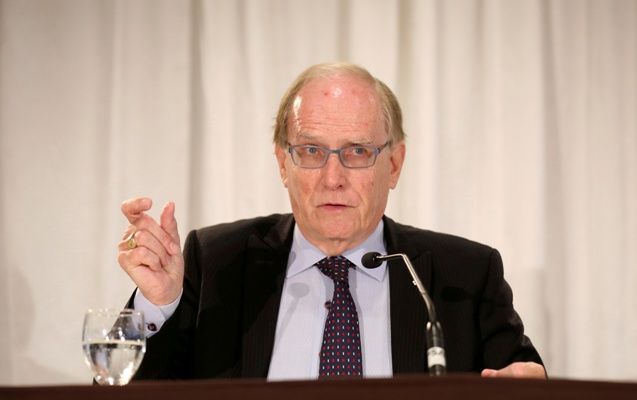
The World Anti-Doping Agency (WADA) on Monday recommended that the IOC and International Paralympic Committee should consider banning all athletes entered by the Russian Olympic Committee for next month's Rio Olympics.
WADA was responding to a damning independent report produced by Canadian law professor Richard McLaren and published on Monday that revealed evidence of widespread state-sponsored doping by Russian athletes at the 2014 Sochi Olympics.
WADA made seven recommendations after the report was published, including one that Russian government officials be denied access to international competitions, including Rio 2016.
Among the other recommendations, WADA said international federations from sports implicated in the report consider action against Russian national bodies and that McLaren and his team complete their mandate provided WADA can secure funding.
"Shamefully, the McLaren Report corroborates the allegations, exposing a modus operandi of serious manipulation of the doping control process in the satellite laboratory set up in Sochi for the 2014 Games; and, the Moscow laboratory since 2011 and after the Sochi Games," WADA president Sir Craig Reedie in a statement.
"Not only does the evidence implicate the Russian Ministry of Sport in running a doping system that's sole aim was to subvert the doping control process, it also states that there was active participation and assistance of the Federal Security Service and the Centre of Sports Preparation of National Teams of Russia."
The WADA-backed independent report confirmed allegations made by former Moscow Anti-Doping Laboratory head Grigory Rodchenkov, who two months ago told the New York Times that dozens of Russians used performance-enhancing drugs in Sochi with approval from national sports authorities.
The report said Russia's Sports Ministry had overseen the manipulation of athletes' analytical results for years before Sochi.
In Sochi itself, where international observers were scrutinising the drug tests, positive results could not simply be brushed away, so a system of sample-swapping was put in place with the help of the FSB intelligence service, the report said.
McLaren described the deceptions to Reuters as "beautiful in it's simplicity".












 © 2025
© 2025